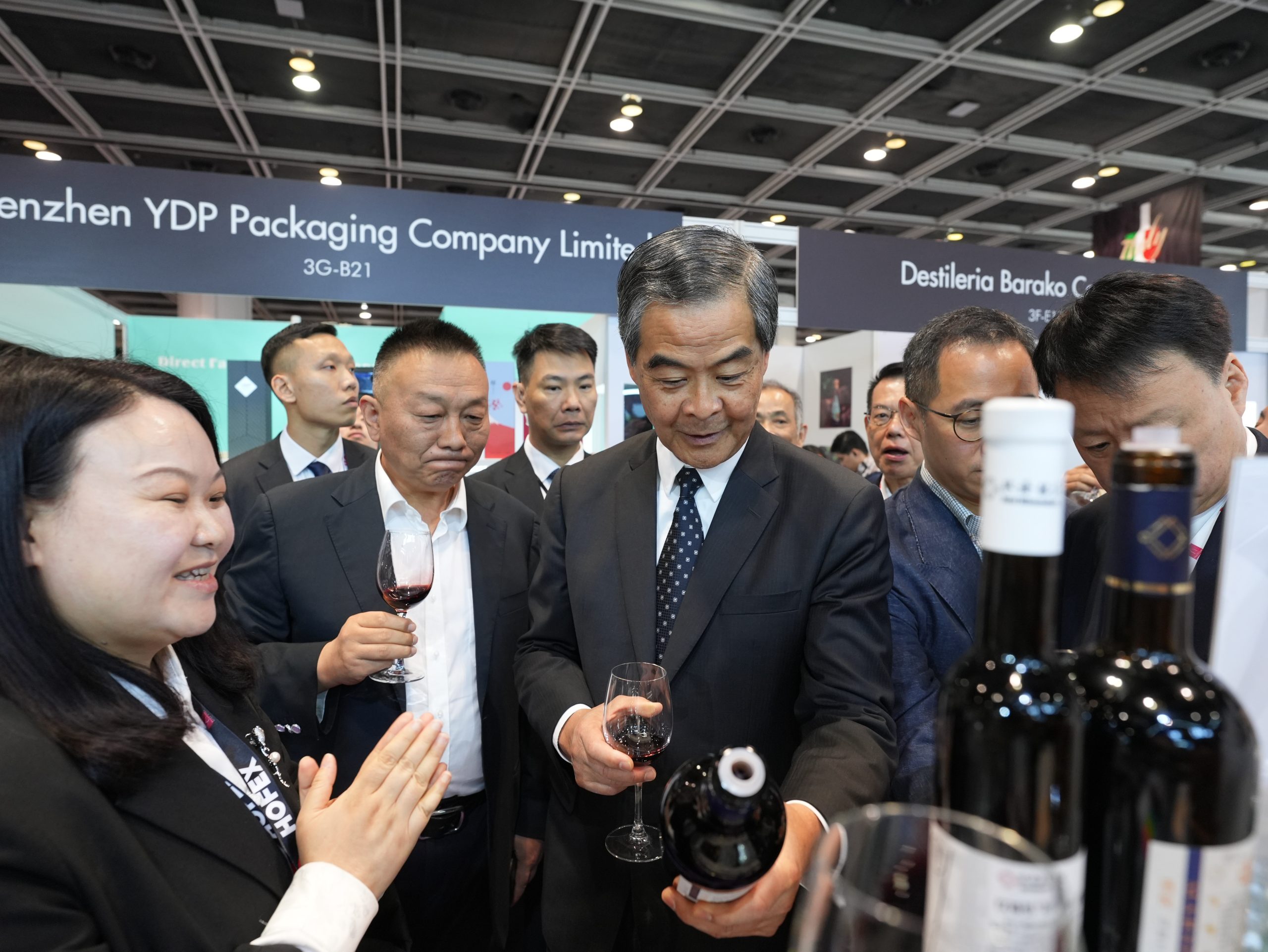The db podcast: Why Bordeaux needs to be cautious with pricing en primeur in 2024
In our second podcast with db’s Colin Hay, we discuss why the great châteaux of Bordeaux need to be especially cautious when it comes to pricing this year’s en primeur releases.

Following our previous discussion on the role of Bordeaux’s négociants in disseminating fine wines from outside the region – which you can listen to here – in this podcast we turn our attention to the famous estates of Bordeaux, and why 2024 is such an important year for them.
In particular, as the countdown to the annual springtime en primeur campaign begins – which is the time when Bordeaux’s châteaux release the wines from the most recent vintage – we consider the likely demand for their wares, particularly when market conditions are challenging.
Indeed, 2024 is a moment when there are big changes afoot for the major properties of Bordeaux, which Hay is at pains to point out as he sends a warning signal to the chateaux before they set the prices for the 2023 vintage – released in around three months’ time.
Notably, the big difference between this year’s campaign and previous ones concerns the impact of high interest rates and the effect they will have on the distributors’ willingness to hold stock – which in Bordeaux, means the amount of wine a négociant will risk buying from the châteaux.
Looking back to the recent past, Hay explained that the properties of Bordeaux “had become accustomed to the leading négociants taking 100% of their allocation [of wines from the producer],” which meant, he added, “that the châteaux were bearing none of the financial risks whatsoever – the wine was sold, the négociant had paid for it, so it was their responsibility, and if they had difficulty selling it, then it was their problem.”
In such a situation, Hay said, there is a “tendency for the property to push just a little bit too far the price that it thinks it can set for the wine.”
But things are markedly different today, and that’s because of the newly-increased cost of capital in an inflationary environment. And, with négociants typically buying their allocations from the châteaux by borrowing, the role of high interest rates to combat inflation is of great importance, as Hay stressed.
Partner Content
“If négociants were borrowing at 1% or 2% interest rates, then they weren’t taking too much risk even if they couldn’t sell it all through,” Hay commented, looking back to the recent past when referring to the stock of wine bought by distributors from the châteaux.
“But now, in a declining market, and with the cost of borrowing and inflation both much higher, the economic situation is very, very different,” he continued. “And we’re beginning to see, as we saw in the 2022 campaign – and as we might see much more in the 2023 campaign depending on prices – is négociants, saying, ‘sorry, I’m not going to take that allocation.’”
Due to this, Hay believes it may be necessary for the châteaux to “behave differently” this year, by which he suggested making “a symbolic and a significant recalibration downwards of en primeur-release prices.”
Indeed, he said that “this is what they should be thinking about doing,” and looked back to the successful release of the 2019 vintage at relatively low prices in a Covid-struck 2020 as a good example of what is needed.
Hay said, “Based on some conversations I’ve had with négociants and also some courtiers, it would suggest that something equivalent to what happened in the 2019 campaign is now required if the 2023 en primeur campaign is not to be a disaster.”
Continuing, he said of replicating the approach taken by the châteaux in 2020, “That could happen again, and we could see some properties releasing early with a significant discount vis à vis 2022 [the vintage released in the springtime of 2023]. And If that were to happen, then the campaign would get off to a good start.”
Concluding on this topic, he forecasted, “And if the campaign gets off to a good start, then that it has the opportunity to continue in a in a positive mode.” However, he warned, “But if it gets off to a bad start, then we’ve had it – en primeur campaigns don’t get better.”
Related news
Lafite Rothschild, Duhart-Milon and Branaire-Ducru set 2014-esque price levels for new releases
Bordeaux 2024 en primeur: Haut-Médoc, Listrac-Médoc, Médoc, & Moulis-en-Médoc
'Liquid gold': Midleton release recalls Irish whiskey’s lost age




